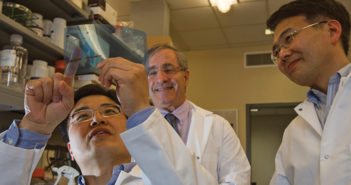
Accelerator fund supports biomedical technologies with commercial and therapeutic potential.

Accelerator fund supports biomedical technologies with commercial and therapeutic potential.
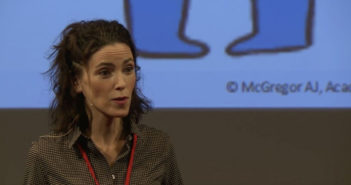
Women suffer when medicine focuses on men, emergency physician writes in new book.
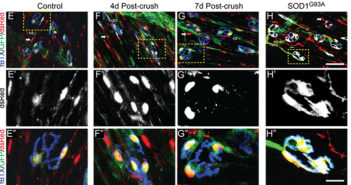
Center for Translational Neuroscience researchers devise ‘bar code’ method to identify Schwann cells.
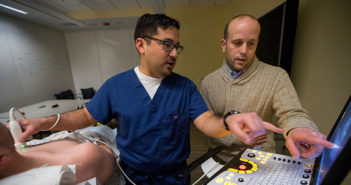
By the time the testing period ends on June 30, nearly 500 regional medical students will have taken their licensing exams at…
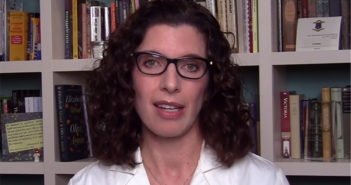
Megan Ranney, an associate professor of emergency medicine, urged the Select Subcommittee on the Coronavirus Crisis to ramp up manufacturing…

Study finds low proportion of individuals with autism receive recommended genetic tests.
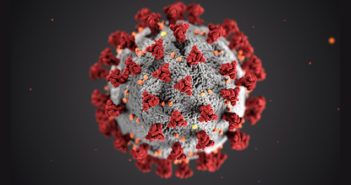
Brown faculty research projects range from new therapeutics to at-home virus tests to 3D-printed ventilators.
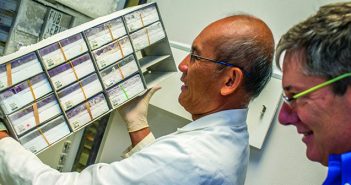
In a study that could lead to a new vaccine, researchers have found an antibody that causes malarial cells to…

A dermatologist investigates whether the genetic cause of hair loss could help to explain worse outcomes among male COVID-19 patients.
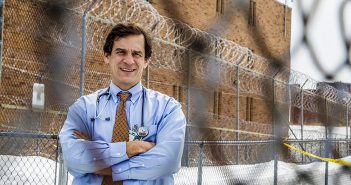
Stemming the tide of COVID-19 among those who are incarcerated saves lives inside and outside prison walls.
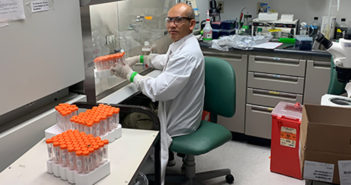
In addition to giving supplies, one lab is mixing a critically needed medium for virus testing.
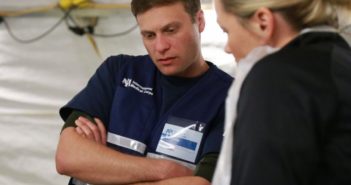
A physician who helped fight Ebola is now working to ramp up the medical response to COVID-19 in high-risk countries.
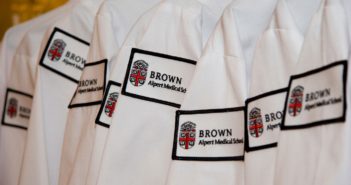
When clinical rotations were paused, med students found new ways to support Rhode Island’s frontline health care workers.
Alexis Lawrence, MD, is an assistant professor of emergency medicine, clinician educator, at the Warren Alpert Medical School. A Brown…
Genetic testing can change the care, and the lives, of some people with autism.
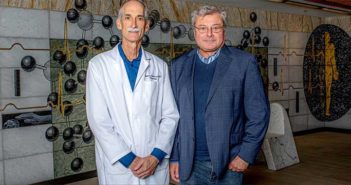
A small clinical trial will look at a novel approach to treating the devastating disease.
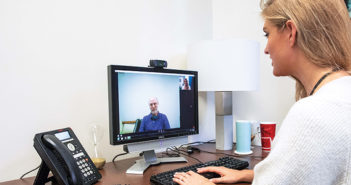
Telemedicine builds bridges to better mental health for the state’s most isolated residents.
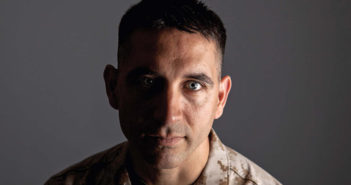
New center at Butler Hospital will study brain stimulation treatments for PTSD and other illnesses.
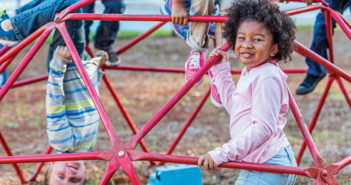
New program targets childhood obesity by helping whole families eat healthier.
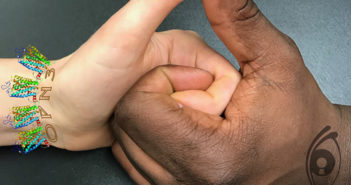
Researchers discover how a member of a family of light-sensitive proteins adjusts skin color.
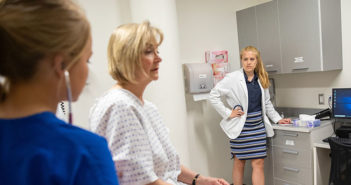
From the classroom to the community, medical students learn to diagnose and treat substance use disorders.
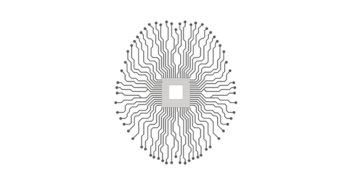
Unexpected rewards improve memories of specific events, which may have implications for treatment of depression.